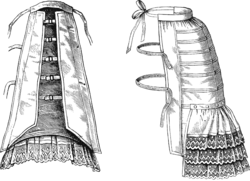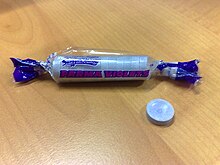But, instead, here's a bit of Hardy. Thomas Hardy's brilliant at the countryside, and he's good at celebration, but there's a strong trail of melancholy running through his work that sometimes overwhelms the joy.
Here, you can almost see it happening: but it doesn't, quite.
I leant upon a coppice gate
When Frost was spectre-grey,
And Winter's dregs made desolate
The weakening eye of day.
The tangled bine-stems scored the sky
Like strings of broken lyres,
And all mankind that haunted nigh
Had sought their household fires.
The land's sharp features seemed to be
The Century's corpse outleant,
His crypt the cloudy canopy,
The wind his death-lament.
The ancient pulse of germ and birth
Was shrunken hard and dry,
And every spirit upon earth
Seemed fervourless as I.
At once a voice arose among
The bleak twigs overhead
In a full-hearted evensong
Of joy illimited;
An aged thrush, frail, gaunt and small,
In blast-beruffled plume,
Had chosen thus to fling his soul
Upon the growing gloom.
So little cause for carolings
Of such ecstatic sound
Was written on terrestrial things
Afar or nigh around,
That I could think there trembled through
His happy good-night air
Some blessed Hope, whereof he knew
And I was unaware.
*******************
Though how you can tell the age of a thrush from looking at it I have no idea at all.
Perhaps it was wearing an age badge.
Or a cardigan.

Photo of a Song Thrush by Taco Meeuwsen
Word To Use Today: thrush. This word is thrӯsce in Old English. Rather marvellously, it's related to the word throat.





















